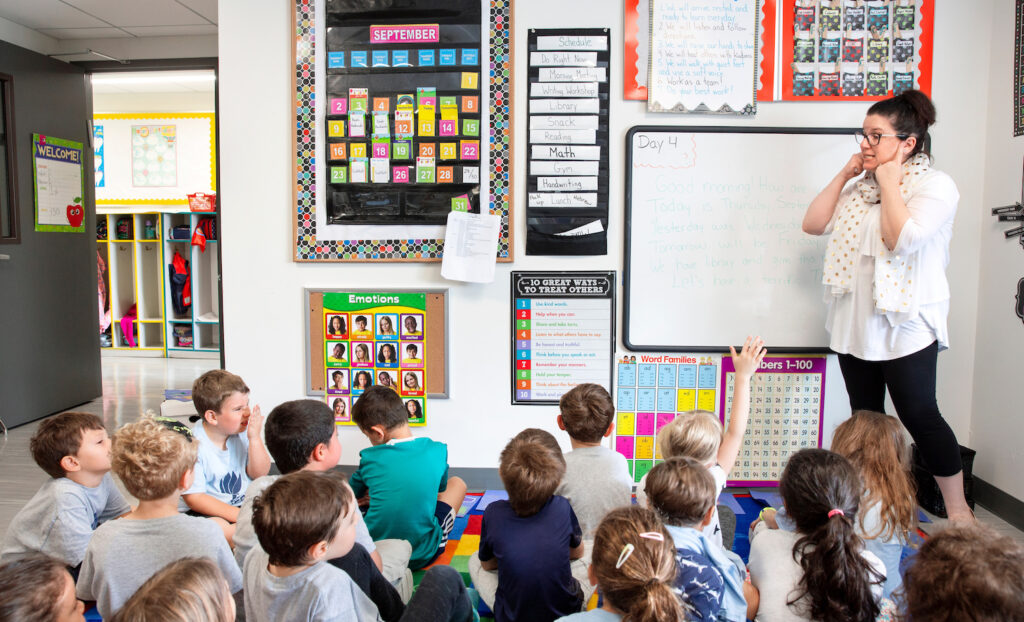Missouri drops 4 spots to 32 in 50-state ranking on child well-being
(The Center Square) – Missouri declined in all four areas measured by the annual KIDS COUNT Data Book, published by The Annie E. Casey Foundation, as it dropped from 28th to 32nd in the 50-state…

(The Center Square) – Missouri declined in all four areas measured by the annual KIDS COUNT Data Book, published by The Annie E. Casey Foundation, as it dropped from 28th to 32nd in the 50-state ranking.
Compared to last year’s report, Missouri fell in the state rankings of the economic well-being of children (18th to 25th), education (22nd to 23rd), health and family (35th to 40th) and community benchmarks (25th to 29th). The organization used data from 2022.
The report highlighted the dramatic drops in fourth grade reading and eighth grade math proficiency throughout the nation between 2019 and 2022.
Almost three out of four (74%) eighth graders in Missouri weren’t proficient in math, an increase of six percentage points since 2019. The national rate was 67% in 2019. Missouri had 68% of fourth graders not proficient in reading, compared to 66% in 2019. Nationally, 66% of fourth graders weren’t proficient in reading.
“… for educators, researchers, policymakers and employers who have been tracking students’ academic readiness, alarm bells have been sounding for a long time,” Lisa M. Hamilton, president and chief executive officer of the foundation, wrote in the report. “It’s past time not only to listen but to act.”
In early May, Republican Gov. Mike Parson signed a 167-page omnibus education bill, which will cost $107 million next year and $467 million when taking full effect in 2031. Senate Bill 727 mandates an increase in the minimum salary for teachers from $25,000 to $40,000.
Hamilton’s opening letter in the report emphasized the importance of fundamental academic achievement for the country and the economy to remain strong into the future.
“To be clear, children are more than test scores,” Hamilton wrote. “Simplifying the potential of any child, any person, to a scaled score on a standardized assessment is something we must not do. Neither should we gauge the effectiveness of teachers or schools solely by test scores. Rather, these scores, like the other indicators in this Data Book, are tools we can use to understand what kids need and which disparities require targeted interventions.”
Missouri’s decline into one of the “worst” states in health had one bright spot. The number of children without health insurance in Missouri declined to 5%, compared to 6% nationwide and 7% in the state in 2019.
The number of low birth-weight babies in Missouri was 9.1%, compared to the national rate of 8.6%. Missouri reported 41 child and teen deaths per 100,000 children, higher than the national number of 30.
Missouri made progress in all of the measurements in the family and community category, including a two percentage-point decline in children living in high-poverty areas (7%) and a one percentage-point drop in children living in single-parent families (33%).



